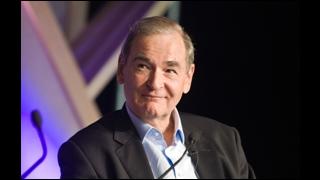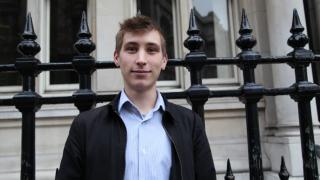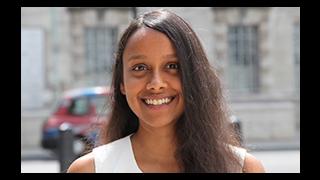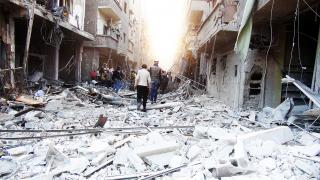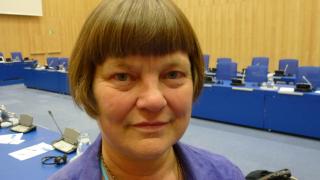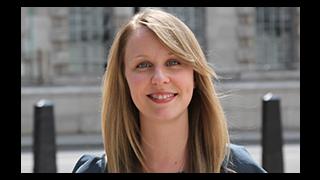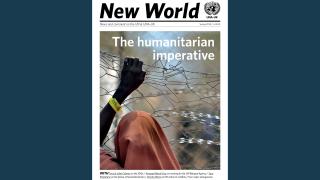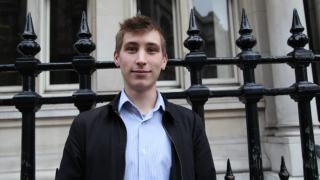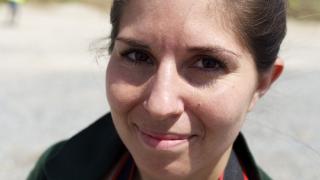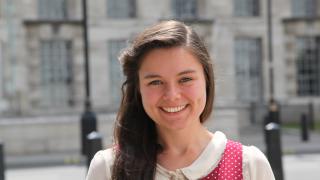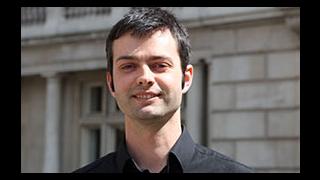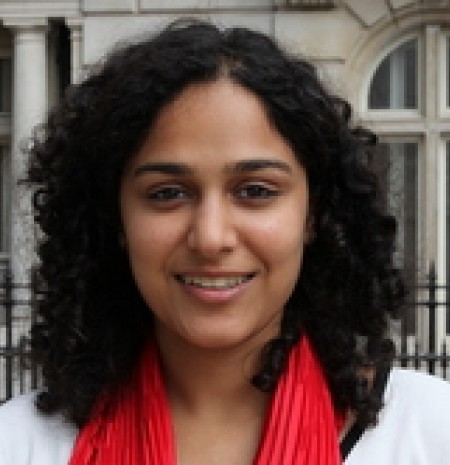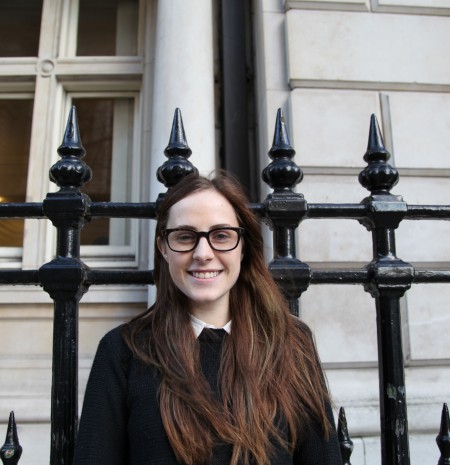
You’re currently a Senior Protection Associate for the UN Refugee Agency (UNHCR) in London. Tell us about your job.
I work on a project aimed at improving the quality of the asylum process in the UK. This role involves me keeping abreast of the latest asylum policy and legislative developments in order to identify areas of concern, conduct research and better advocate with the UK authorities for persons of concern to UNHCR.
What first attracted you to this work?
I have always been interested in using the law to improve the lives of those excluded in society. I decided to complete my master’s degree in international human rights law and this allowed me to study all areas of human rights law and refugee law.
My passion to work in refugee issues specifically rose out of a recognition of their extreme vulnerability in the country where they seek refuge. Even in a rich country like the UK, refugees and asylum seekers can be living in extreme poverty, being stigmatised and suffering social exclusion because of their migration status, at the same time as having to rebuild their lives in a new country. Working for UNHCR provides me with a highly respected, professional platform to represent and advocate for these individuals.
What do you see as the most important aspect of your job?
The most important aspect is engaging with the UK authorities to bring about change for persons of concern. I aim to do this in a credible way, through research and ensuring the voices of those affected by the policy and process are heard. While it can be challenging in a demanding and busy environment, I also try to connect to what’s happening at a grassroots level through engaging with initiatives and charities that work with asylum seekers and refugees.
UNHCR, alongside other UN agencies, is also present on the front line in emergency situations. What is UNHCR’s responsibility here?
UNHCR is mandated to protect refugees, internally displaced persons, asylum seekers and stateless people, who are especially vulnerable in humanitarian crises. To fulfil that mandate, UNHCR’s response in an emergency is multi-faceted, with protection, external relations, programming and administration all potentially involved. However, whatever the specific role, we have the same goal as a protection-focussed agency – to help those who need us.
UNHCR has also developed mechanisms for mobilising financial resources to help meet an emergency without delay. To maintain this capacity and preparedness UNHCR has developed training programmes that prepare staff to go on to its emergency roster and who can then be deployed on the ground with the speed and required expertise which is so necessary in an emergency context.
You’ve recently returned from emergency deployment in Iraq. Tell us a bit more about that experience.
I was deployed for three months as an eligibility officer in Baghdad, Iraq. I was part of a team tasked with determining the international protection needs of a group of persons of concern. This involved conducting interviews and assessing whether they were eligible to be resettled to a third country.
The most challenging aspect of the experience was the deteriorating security situation in Iraq right now. Fighting in Anbar province was destabilising the country and Baghdad was increasingly insecure and volatile. Working in that environment can bring its own stress and on top of that we had to get through a number of cases each week.
However, I loved having direct contact with persons of concern and met some wonderful colleagues. It was good to see the tangible outcomes of our work that directly changed lives, like when someone was relocated from Iraq to Europe.
In what ways are you able to provide protection for the most vulnerable?
Protection work within the agency is varied and depends on the environment or the type of emergency you are responding to. In a camp environment, it may be providing support to survivors of sexual or gender-based violence, or in somewhere like Europe, it can be engaging in asylum processes. In other contexts, like the Syrian crisis, UNHCR is tasked with determining international protection needs (or what is called “refugee status determination”).
With record numbers of forcibly displaced people around the world, what is UNHCR’s biggest challenge?
There is no doubt that UNHCR’s biggest challenge is maintaining its ability and capacity to respond to an ever-increasing number of crises across the globe. Last year was unprecedented with emergency situations in the Central African Republic, the Philippines and Syria, and 2014 does not look like it will be much better. I think resources are the crucial issue for UNHCR in emergencies, and one that is becoming more and more pressing.
Finally, what does 2014 have in store?
Right now I am back in London and embarking upon a piece of research that will look at the experience of victims of trafficking in the UK. UNHCR’s mandate, given by the UN Secretary-General, means we can speak with authority on critical concerns such as this.
Amanda Gray Meral is a human rights lawyer who has worked for UNHCR in the UK since 2010. Prior to this she worked as a solicitor and at Amnesty International.


